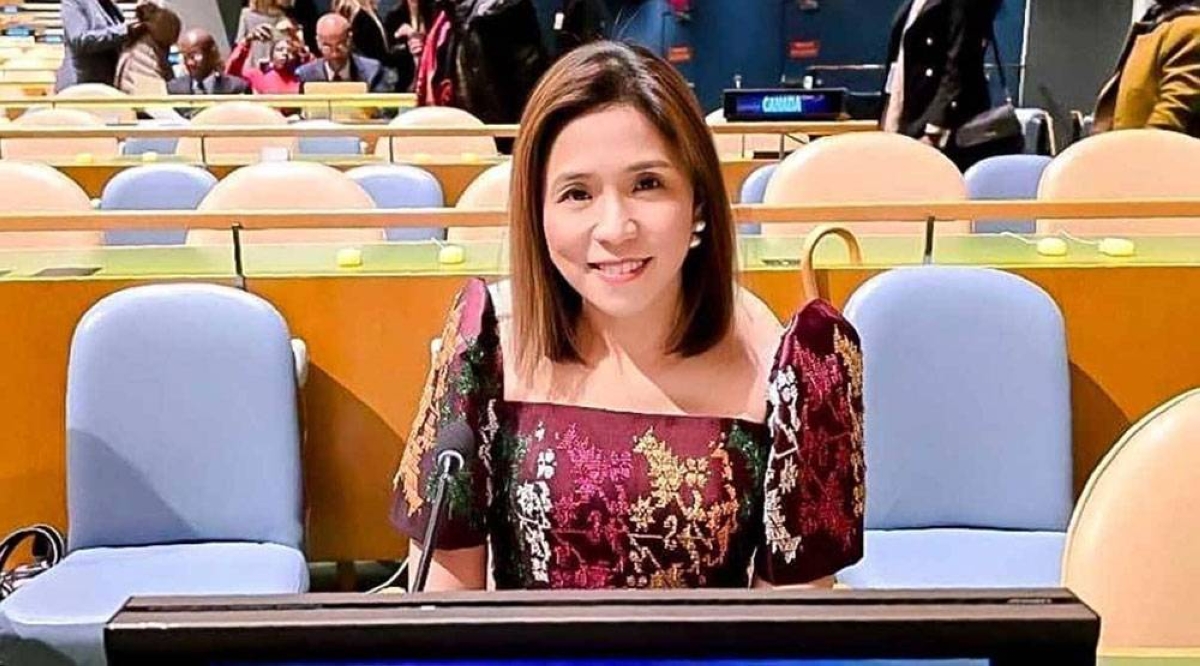Accelerating Gender Equality and Empowering Women and Girls in the Philippines
Budget Secretary Amenah Pangandaman, during the 68th Annual Commission on the Status of Women (CSW68) in New York, emphasized the Philippines’ commitment to accelerating gender equality and empowering all women and girls. This commitment is reflected in the country’s development plans and initiatives.
Gender Goals in the Philippine Development Plans
As the head of the Philippine delegation, Secretary Pangandaman highlighted that gender goals are incorporated in the Philippine Development Plan 2023 to 2028 and the Gender Equality and Women’s Empowerment Plan 2019 to 2025. These plans serve as blueprints for the country’s efforts to promote gender equality and empower women.
Promoting Gender Equality through Policy and Budget Allocation
To promote gender equality, the Philippines has implemented various initiatives. One of these is the 1995 Gender and Development Budget Policy, also known as “the women’s budget.” This policy ensures that projects and programs focused on gender equality and women’s empowerment are carried out effectively.
The implementation of this policy is supported by the Magna Carta of Women, which provides guidelines for developing annual gender and development plans, budgets, and accomplishment reports. These guidelines ensure that gender-responsive initiatives are integrated into the national budget.
Investing in Gender-Responsive Initiatives
Secretary Pangandaman highlighted that the Philippine government allocated 24 percent of the national budget in 2022 to implement gender-responsive initiatives. These initiatives cover various areas, including women’s empowerment, gender equality, and the integration of gender-responsive elements into flagship programs.
Some of the flagship programs include the Pantawid Pamilyang Pilipino Program (4Ps), a conditional cash transfer program benefiting 4.4 million households. This program aims to provide financial assistance to vulnerable families, particularly women and girls, to support their basic needs and empower them economically.
Another program is the Small Enterprise Technology Upgrading Program, which supports the vision of a gender-responsive micro, small, and medium enterprises sector. This program provides support and resources to women entrepreneurs, enabling them to thrive and contribute to economic growth.
Promoting Science-Based Education and Health Services
In addition to economic empowerment, the Philippine government has also prioritized promoting science-based education among women. Grant programs have been established from the secondary to postgraduate levels to encourage more female students to pursue careers in science, technology, engineering, and mathematics (STEM). This initiative aims to address gender-related poverty and empower women in traditionally male-dominated fields.
Furthermore, the government has allocated a substantial portion of the budget to ensure the well-being and nutrition of pregnant and lactating women. These funds are used to provide culturally appropriate and gender-sensitive socioeconomic services. The implementation of these services is monitored through a gender budget tagging initiative, ensuring that the needs of women are prioritized in the healthcare sector.
The Importance of the Commission on the Status of Women (CSW)
The CSW, as the largest annual event on gender equality and women’s empowerment, plays a crucial role in fostering important conversations among governments, civil society organizations, experts, and activists worldwide. These dialogues focus on identifying necessary actions and investments to eradicate women’s poverty and champion equal rights for all genders.
By participating in the CSW and sharing its initiatives, the Philippines demonstrates its commitment to gender equality and women’s empowerment. Through policy implementation, budget allocation, and targeted programs, the country strives to create a society where women and girls have equal opportunities to thrive and contribute to national development.
In conclusion, Secretary Amenah Pangandaman’s address at the CSW68 highlights the Philippines’ dedication to accelerating gender equality and empowering women and girls. Through the integration of gender goals in development plans, the implementation of gender-responsive initiatives, and the promotion of science-based education and health services, the country is taking significant steps towards achieving these goals. The CSW serves as a platform for global collaboration and dialogue, further propelling the efforts to eradicate women’s poverty and champion equal rights for all genders.







